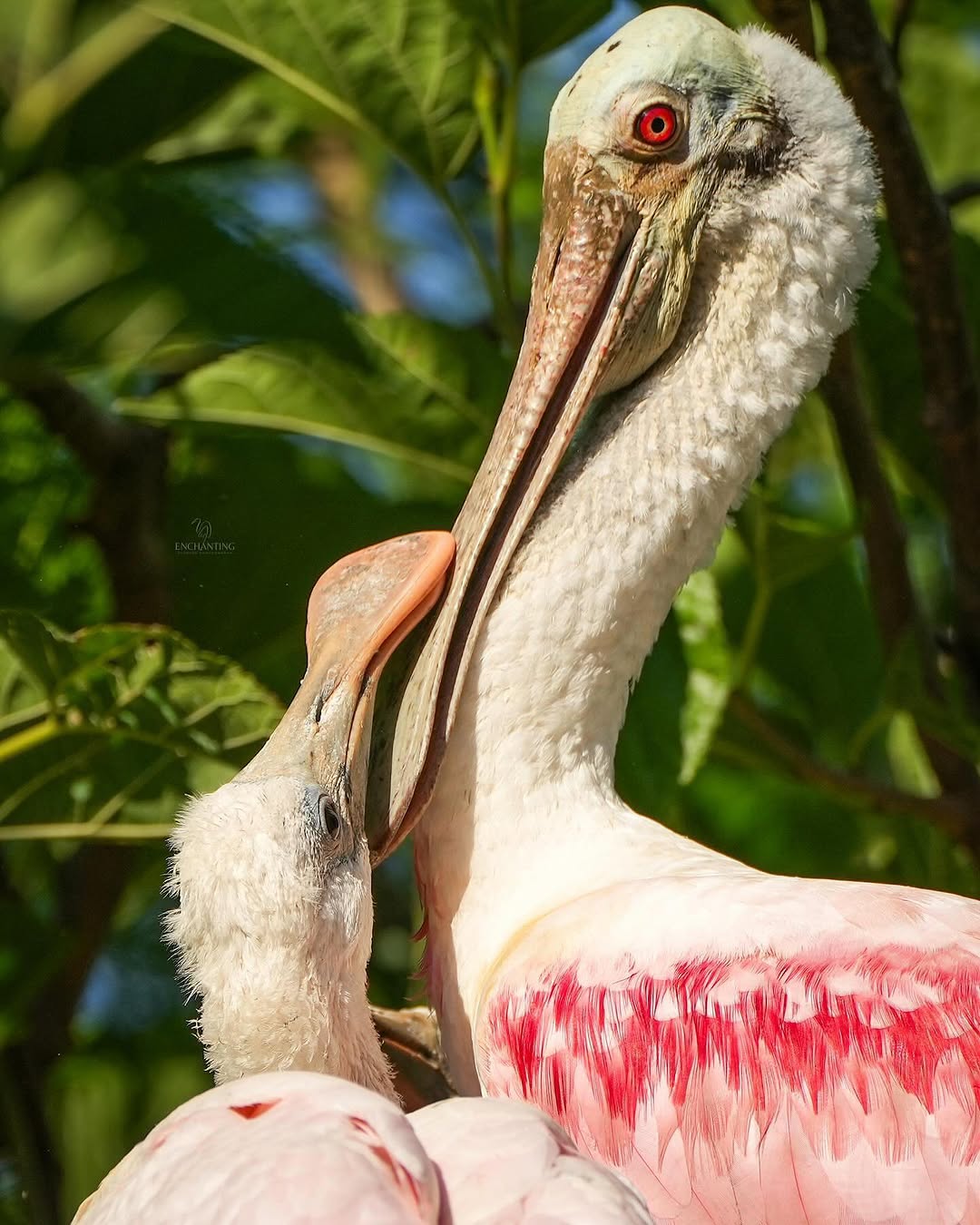- The seasonal transformation of the Native Bird Rookery & Swamp, with a focus on the Roseate Spoonbill’s role in this spectacle.
- Insight into the habitat and behavior of the Roseate Spoonbill, highlighting its conservation status and ecological importance.
- The functions and significance of wildlife photography in conservation efforts, using the St. Augustine Alligator Farm as a case study.
- A discussion on zoo management and the impact of managed habitats on native bird species.
- An overview of educational opportunities for visitors at wildlife reserves and their role in promoting environmental stewardship.
The seasonal transformation of the Native Bird Rookery & Swamp is a captivating natural event. This transformation reaches its peak when the Roseate Spoonbills arrive, painting the landscape with their vibrant pink plumage. Around the end of May, visitors to the St. Augustine Alligator Farm will witness an awe-inspiring scene as these graceful avians converge to breed and foster new life. These birds eat crustaceans, which contributes to their distinct pink color, connecting diet to their physical appearance.
Understanding the habitat and behavior of the Roseate Spoonbill is crucial for appreciating their ecological role. Found predominantly in the southeastern United States, particularly Florida, these birds are year-round residents of wetlands and coastal marshes. Their flattened, spoon-shaped bills aid in foraging for small aquatic animals. Roseate Spoonbills play a vital role in their ecosystem by contributing to the control of crustacean populations. Unfortunately, habitat destruction and pollution have threatened their populations. Conserving these habitats is essential for maintaining biodiversity and the health of wetland ecosystems.
Wildlife photography is a powerful tool in conservation efforts. The St. Augustine Alligator Farm serves as a prime example, where professionals like @enchanting_florida_photography capture the beauty and behavior of wildlife. These images raise awareness about the importance of preserving natural habitats and educating the public on the pressing need for conservation. Photography plays a distinct role in bridging the gap between scientific research and public understanding, enabling people to witness the intricate details of wildlife that might otherwise remain unseen.
Zoo management plays a pivotal role in supporting native wildlife. Facilities like the St. Augustine Alligator Farm create managed environments that mimic natural habitats, thereby providing a safe haven for species at risk. These zoos serve as conservation sanctuaries that protect species from extinction by maintaining genetically viable populations and breeding programs. Through these efforts, zoos contribute significantly to global biodiversity conservation by safeguarding species and educating the public on responsible wildlife interaction.
Educational opportunities at wildlife reserves like the St. Augustine Alligator Farm are invaluable for fostering environmental stewardship. Visitors gain first-hand experience and an appreciation for varied species and ecosystems. Educational programs for all ages promote understanding of ecological principles and conservation practices, empowering individuals to contribute to conservation efforts. By blending education with real-world encounters, these facilities inspire future generations to engage actively in wildlife conservation.
The transformation of the Native Bird Rookery & Swamp is not just a visual spectacle—it’s an invitation to explore and support the intricate web of life within our ecosystems. The Roseate Spoonbill reminds us of nature’s beauty and fragility, calling attention to the importance of preserving these wonders for future generations.
*****
Source Description
Who’s ready for *THIS*?! 🤩 It’s chilly now, but in about a month and a half, the Native Bird Rookery & Swamp will look a little more pink!💖
•
Spoonie *kisses* for 💕😊💕 I know I have missed some Saturdays so hope you enjoy a sweet mama and a young Roseate Spoonbill in the rookery at the @staugalligatorfarm photos taken 5/30/24
Repost from @enchanting_florida_photography


